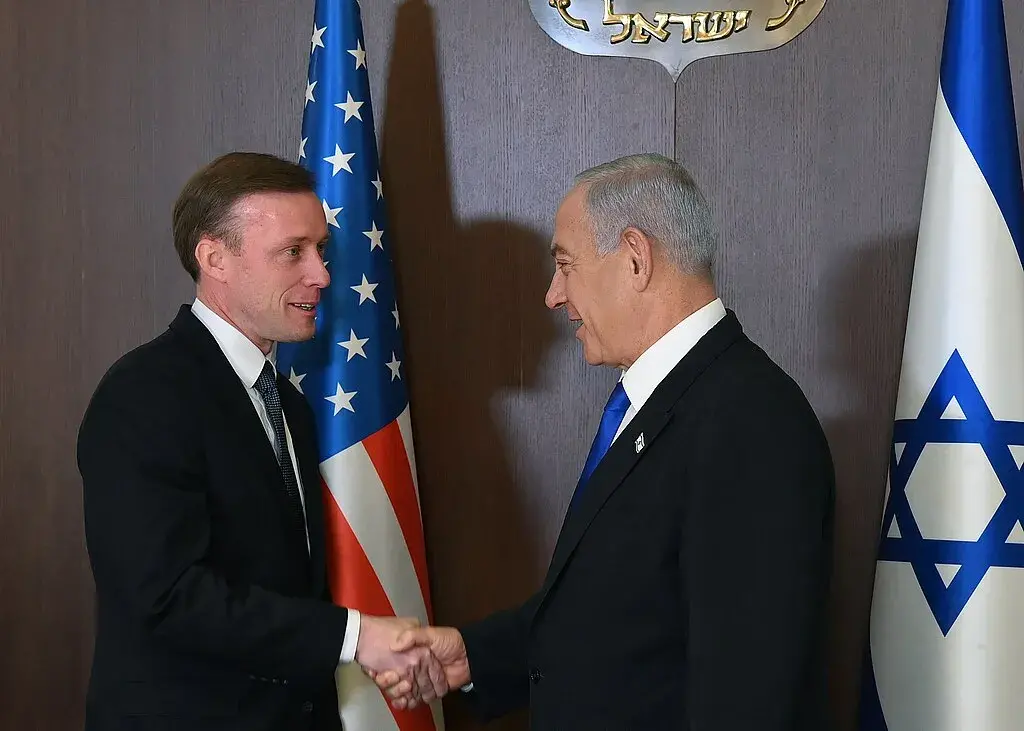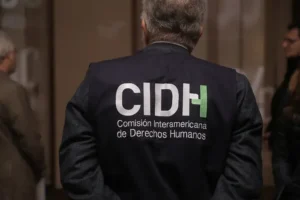On Tuesday, U.S. National Security Advisor Jake Sullivan met with Israeli Minister of Strategic Affairs Ron Dermer. The discussion revolved around transitioning to a new phase in the Israel-Hamas conflict.

Their focus lay on the dire humanitarian situation in war-ravaged Gaza and strategies to minimize civilian suffering.
The primary agenda of the dialogue was to chart a path that could significantly alleviate the humanitarian crisis gripping Gaza. The region, devastated by the ongoing conflict, is grappling with acute shortages of essentials like water, food, medicine, and fuel. The meeting underscored the urgency to mitigate the dire situation in Gaza while minimizing civilian casualties and hardships.
The strategic shift discussed in the meeting revolves around redirecting the conflict’s focus towards high-value Hamas targets. This proposed shift comes hot on the heels of a recent resolution passed by the UN Security Council. The resolution emphasized the urgency of accelerating aid deliveries to Gaza, which houses around 2.4 million residents.
The Israel-Hamas conflict itself erupted when Hamas breached southern Israel on October 7. The violence resulted in casualties and hostage-taking. Efforts to return the hostages and address wider concerns, including governance, security, and a political horizon for Gaza, were central to the talks between Sullivan and Dermer.
Israel’s military response to Hamas’ actions led to substantial casualties, primarily among women and minors, as reported by Gaza’s Ministry of Health, governed by Hamas.
The discussions between Sullivan and Dermer weren’t limited to immediate crisis management. They also encompassed broader concerns such as governance, security, and the political outlook for Gaza. These talks aimed to not only address the current situation but also pave the way for a sustainable resolution, emphasizing the need for normalization and integration efforts.
The meeting sought to establish a trajectory toward a new phase in conflict resolution, considering the evolving dynamics and the pressing need for a comprehensive approach that ensures not just short-term relief but also long-term stability and peace in the region.







